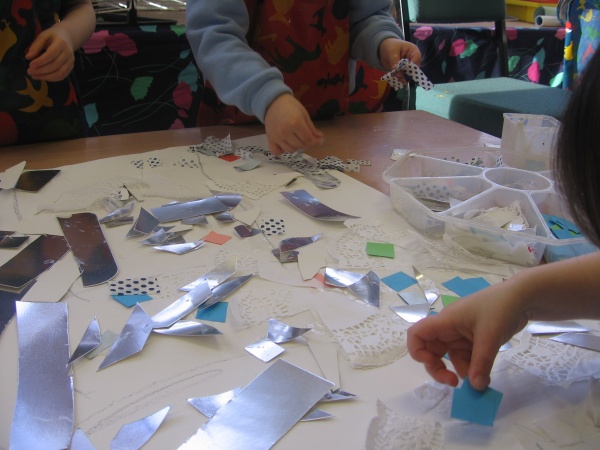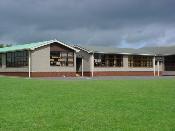 Sharon Wallace, Curriculum Support Officer of the Curriculum Support Team and John Doherty, Principal Teacher of English and Literacy at Larbert High School this week delivered a CPD opportunity to staff from the Braes Cluster.
Sharon Wallace, Curriculum Support Officer of the Curriculum Support Team and John Doherty, Principal Teacher of English and Literacy at Larbert High School this week delivered a CPD opportunity to staff from the Braes Cluster.
The aims for this session were:
•To provide an overview of ways to use ‘cultural tools’ to support pupils to learn and express their ideas
•To explore ways pupils can read with understanding, communicate effectively face to face, in writing and through an increased range of media
Sharon began with an overview of the six reading comprehension skills and outlining the range of media resources available to support the development of these skills.
John began by outlining the key differences between a ‘book’ as text and ‘film’ as text:

John then identified the different types of camera angles: close-up, extreme close-up, high/ how angle shot, long shot, point of view shot, zoom and tracking. John showed different stills from a range of films and the teachers identified each shot. The teachers were then asked to use their mobile devices to produce a camera shot from this list.
John then went onto analysing the use of music in film and we learned that music in film is known as the soundtrack. It can be divided into two categories –
a. Diegetic music (in the film – characters can hear)
b. Non-diegetic music (music that characters cannot hear – not part of the film’s ‘reality’)
We then analysed a scene from Jurassic Park identifying examples of diagetic and non-diagetic music.
The final part of the course looked at the effect of lighting in film. We analysed a range of stills taken from recent films and examined the effect the lighting had on the meaning of the text.
At the end of the session, colleagues put all of their newly learned knowledge and skills to the test by analysing the film trailer for War Horse.
Feedback from this session was very positive and the course will be running again at Camelon Education Centre on March 5th from 4 til 5.30pm. (Course Code SW008). We are also hoping the Film Club will be attending this session too to share how Falkirk establishments can sign up to the fabulous range of resources on offer to support the development of literacy skills using film as text.
For more information about this and other literacy courses, please contact Sharon Wallace.
 Sharon Wallace, Curriculum Support Officer, School and Service Improvement team led a CPD session on The Thinking Reader approach to active reading. 54 colleagues attended the session.
Sharon Wallace, Curriculum Support Officer, School and Service Improvement team led a CPD session on The Thinking Reader approach to active reading. 54 colleagues attended the session.








